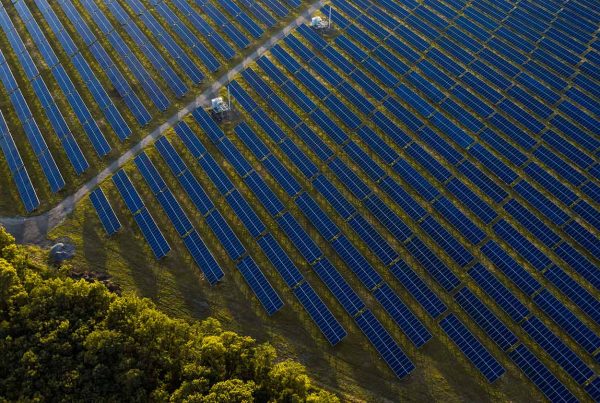Climate Financing, an umbrella term referring to money to mitigate and adapt to climate change and how to transition to a clean climate.
The recent Skoll Foundation Conference on Sustainability, Climate, and Finance underscored a critical need for comprehensive and innovative approaches to climate financing. This holistic approach, often referred to as “360 degrees climate financing,” emphasizes the integration of diverse financial strategies, stakeholder collaboration, and systemic solutions to effectively address the multifaceted challenges posed by climate change.
The discussion on Climate financing revolved around these two key questions:
- Who is going to pay?
- How can the world scale up financing?
-
The Role of Multilateral and Bilateral Development Banks
Multilateral and bilateral development banks play a pivotal role in mobilizing and disbursing climate finance. Their ability to leverage significant capital and provide technical assistance makes them crucial players in the climate finance ecosystem. However, the conference highlighted the need for these institutions to adopt more flexible and innovative financing mechanisms to better address the urgent and evolving nature of climate challenges.
-
Public-Private Partnerships
Public-private partnerships (PPPs) were emphasized as essential for scaling climate finance. By combining the strengths of both sectors, PPPs can drive large-scale investments in renewable energy, sustainable infrastructure, and other critical areas. The conference showcased successful PPP models and discussed ways to replicate and expand these collaborations globally.
-
The Power of Philanthropy
Philanthropic organizations have the potential to catalyse significant climate action by providing risk-tolerant capital and supporting innovative solutions. Skoll Foundation itself has been at the forefront of leveraging philanthropic funds to drive systemic change. The conference encouraged other philanthropic entities to adopt similar approaches and increase their commitment to climate finance.
-
Community-Led Initiatives
The importance of community-led initiatives in climate finance was a recurring theme. Empowering local communities to take charge of climate projects not only ensures that solutions are context-specific but also fosters a sense of ownership and accountability. The conference highlighted several successful community-led projects that have delivered tangible climate benefits while also promoting social and economic development. However, one of the panelists representing the indigenous communities, argued that the donor distribution processes were ladened with bureaucracies and punitive qualifiers such as:
- Do you have a good story?
- Do you have anti-corruption/integrity laws?
- Do you have policies in place?
She encouraged the donor communities to view demographics through the lens of natural resources, how biodiversity goals affect local communities and pushed for a trust-based funding dynamic.
“The Ogiek community, an indigenous group primarily residing in the Mau Forest complex in Kenya, has been at the center of discussions surrounding carbon deals and forest conservation. The community’s traditional way of life, which is intrinsically linked to the forest, positions them as crucial stakeholders in initiatives aimed at climate mitigation and sustainable forest management.”
The conference underscored the importance of adopting a 360 degrees approach to climate financing. By integrating diverse funding sources, fostering stakeholder collaboration, and promoting innovation, this holistic strategy can significantly enhance the global response to climate change. As the world continues to grapple with the pressing realities of the climate crisis, 360 degrees climate financing offers a promising pathway towards sustainable and resilient futures.

Prisca Jeruto
Prisca joined Oxford HR in 2022. A highly skilled professional with over eight years of experience in Talent Acquisition, Search Strategy, Employer Branding, Client Engagement, and Business Development. Prisca brings a wealth of experience to research and candidate sourcing for senior and mid-level management positions.
Having a Bachelor’s Degree in Environmental Studies (Community Development), she is passionate about women empowerment, sustainable practices, and gender inclusivity. In her free time, Prisca likes to spend time with friends and family.



